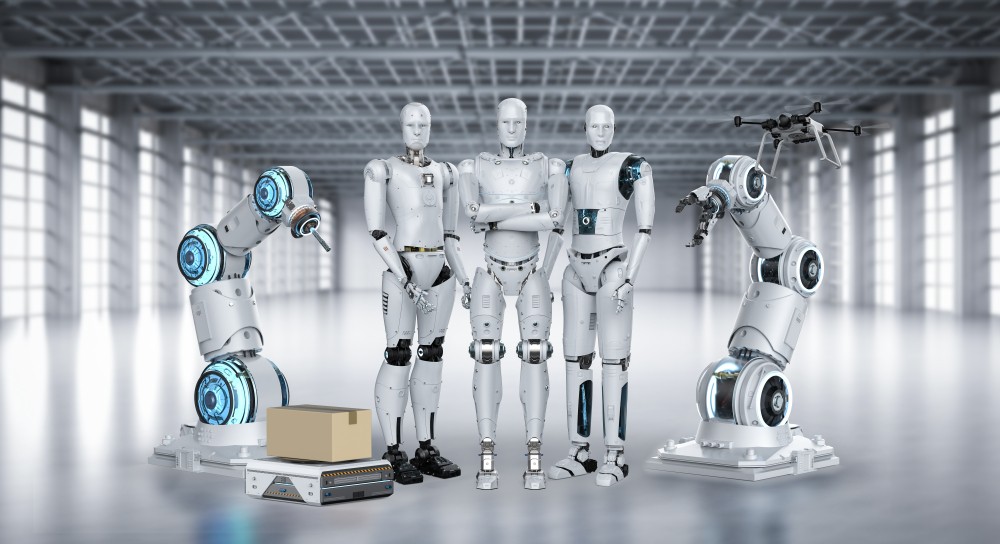The impact of artificial intelligence (AI) in warehouse automation will be revolutionary as it will be used in multiple applications such as robotics, computer vision, and language processing tools to streamline warehouse operations.
Warehouse management is an integral part of most organizations. Most warehouse operations and their management are still carried out in traditional ways. But with changing times, these processes need to be changed too. This is where technology like artificial intelligence comes in. AI can help warehouses become ‘smart.’ A ‘smart warehouse’ is where entire operations, right from procurement to delivery will be handled by AI. But then, how can we ascertain whether AI in warehouse automation has actually proven beneficial and is not just a gimmick? We can determine that by analyzing certain KPIs in warehouse operations. What KPIs, you ask?
KPIs that Can be Improved by Implementing AI in Warehouse Automation
Whether a technology has actually proven beneficial can be measured by analyzing changes in KPIs. Some of the KPIs that can confirm that AI has proven beneficial in warehouse automation include:
Productivity
One of the best ways to judge whether AI has proven beneficial is to measure the increase in productivity in the warehouse. An AI solution helps to streamline pick-and-pack processes. AI solutions can work 24x7. AI robots can be deployed to scan digital tags to provide accurate and precise inventory control. AI robots can determine the shortest possible routes to place items and even avoid bumping into each other. They can help reduce the time and distance to place objects in the warehouse inventory.
Accuracy
Another key determinant is accuracy. Employing AI solutions can result in a reduction of errors in warehouse operations. AI robots can intelligently understand their environment and thus can accurately place items and retrieve them when required. Warehouses can utilize technologies such as IoT, computer vision, and AI that work in tandem to improve the accuracy in operations.
Safety
Another important parameter is safety. AI solutions can constantly monitor warehouse operations. They can assess the risk score of activities by analyzing them. The robots can take over the high-risk work, whereas safer tasks can be carried out by humans. Thus, AI is beneficial for improving the safety of employees at the warehouse. Additionally, AI solutions using AR and VR devices can also be used for training purposes so that employees are well informed on standard operating procedures. This helps minimize the risks of injuries, and the employees can be trained in a risk-free environment.
AI in warehouse automation is not a distant dream. It is already here. Major players have already incorporated AI in their warehouse management system to achieve automation. Alibaba’s warehouses use AI robots that do 70% of the work at these facilities. Similarly, Amazon, too, has AI robots deployed at their warehouses that can sort, transport, and arrange items at the warehouse. Thus, other businesses, too, should look at means for incorporating AI solutions into their warehouse for streamlining their operations.




Leave your comments
Post comment as a guest